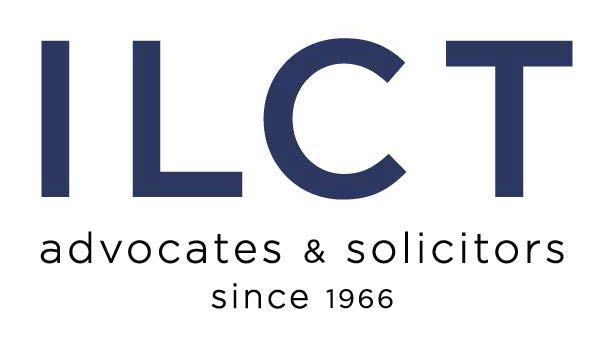Thailand Labour Corner: Impacts of Covid-19 on Employment
Right and Obligation for Employers and Employees
Confronting Covid-19 pandemic, both employers and employees face many new work-related challenges. Especially with its flu-like symptoms, employers have a duty to implement workplace health, safety and preventative protocols. Likewise, employees are also obligated to act with social responsibility, comply with health guidelines and work rules. This is a two-way street to control and reduce the Covid-19 chain-of-infection.
Under the Communicable Diseases Act B.E. 2558 (2015) (“CDA”), Labour Protection Act B.E. 2541 (1998) (“LPA”) and Occupation Safety, Health and Environment Act B.E. 2554 (2011) (“OSHEA”), both employers and employees should be aware of the below.
What employers should know:
• Employers are required to provide a safe and hygienic working environment, and must carry all related expenses;
• Employers must report all suspected Covid-19 infections within 3 hours upon discovery to related authorities (call “1422”);
• Employers may refer to their employment contract or exercise its managerial rights to request employee to work-from-home;
• Employers should consider special work rules for susceptible employees (i.e. older adults and immunocompromised); and
• Employers are entitled to issue a warning letter of suspension/termination to employee whom was found to violate specific work rules in relation to Covid-19 prevention protocol. For instance, if the work rules restrict traveling to high-risk countries, any action found to be in violation can be a serious ground for suspension or termination.
What employees should know:
• Comply with the health guideline and respect social responsibility. For example, imposing a 14-day self-quarantine after a trip to high-risk country as per the list set by the Ministry of Public Health and World Health Organization for the good of the public;
• Stay home and/or request to work-from-home when sick, but acting in good-faith;
• Employees are entitled to 3 days of sick leave without having to provide a medical certificate;
• Employees are also allowed 30 days of paid sick leave per year; and
• Employees may request voluntarily unpaid leave (upon employer’s discretion).
During these trying times, all must comply with the health guideline to put an end to this pandemic as soon as possible. Regardless of roles, employers and employees have duties to society as a whole. Act in good faith, observe the rules and help one another when needed.
In view of this turmoil, the Thai government is preparing multiple relief policies for both employees and employers, such as: social security contributions by the employers, Vat refund and tax incentives. We will provide further updates once the policies are in effect.
By:
Chart Chotiphol
Counsel/Business Development

